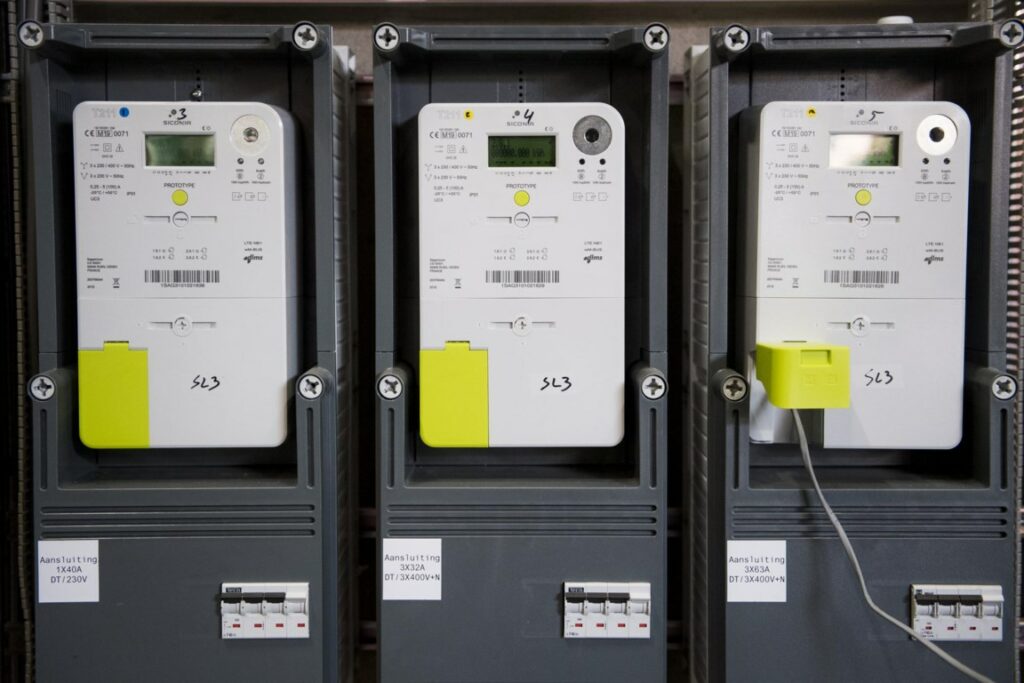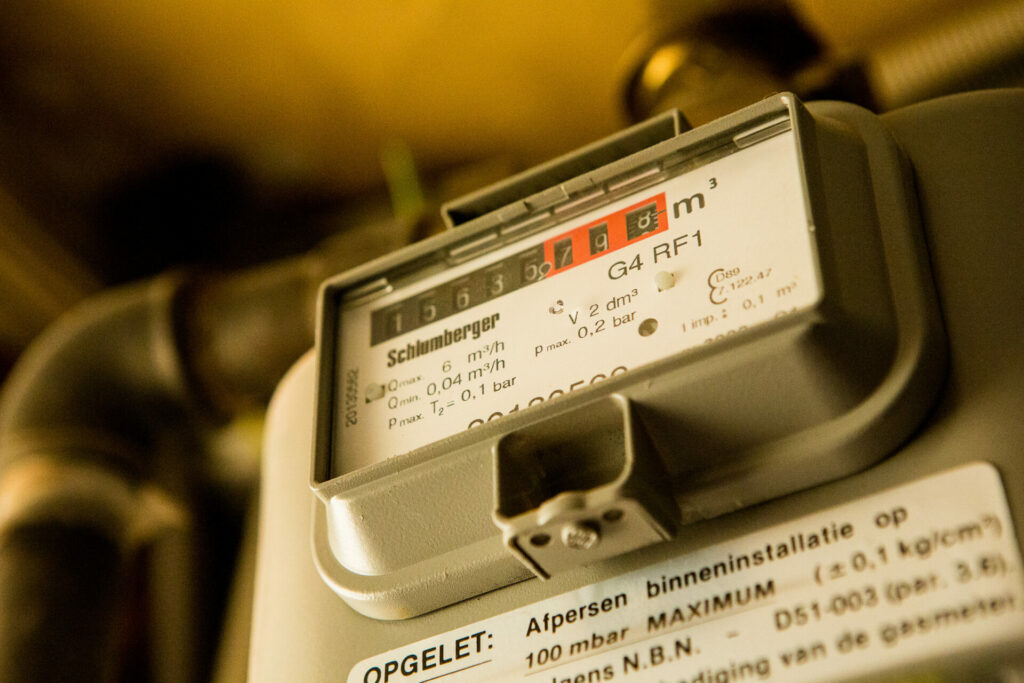Households could save over €1,000 a year by changing electricity suppliers at the right time. But switching energy provider has fallen by 5% since the peak of the energy crisis, according to the Flemish energy watchdog's (VREG) market monitor.
Since the liberalisation of Belgium's energy market (2007), the average household changed its electricity supplier 3.6 times. This year, however, that figure dropped to 3.4 – a 5% decline, according to VREG's annual survey of 1,000 households.
"We cannot really derive a clear explanation from these figures," VREG spokesperson Barbara Janssens told VRT. "Perhaps after the energy crisis, we did not feel like comparing energy contracts for a while, or maybe we have become a bit more cautious."
What's holding people back?
On its website, VREG offers the V-test: a tool that allows people to compare prices of energy suppliers to see if they can get a cheaper contract for electricity and/or gas somewhere. Swapping can sometimes save hundreds of euros a year.
"We see that people know very well where to compare contracts online: more than half of people know about the V-test. But we also see that they take action less effectively."
The survey confirms a trend that VREG already saw in data from energy suppliers: the number of households changing energy suppliers is falling, for electricity as well as gas. This is a change from the previous trend in which households had been changing supplier more frequently for the past eight years.
"Three in ten households have never changed their electricity supplier," found VREG. "Over-65s in particular have never changed their electricity supplier. Respondents aged between 35 and 55 changed suppliers most often."

Credit: Belga
Of the respondents who have never changed suppliers, most say they do not because they are satisfied with their current one; six in ten added that they are not interested. "43% of households think switching involves too much hassle. But the share of this argument has dropped significantly compared to last year."
Over one in three (36%) households passively wait for a more favourable price offer from a supplier, but have not yet received one. The watchdog noted that it is becoming easier to change provider, with fewer problems reported when doing so. Still, "About a quarter indicated that it is too difficult to compare suppliers (24%)."
But with more suppliers than ever in Flanders, looking into switching to another one remains interesting, VREG stressed. In addition, there are more types of energy contracts, meaning the price differences can be significant.
Saving up to €1,100 per year
When looking at the average household consumption of gas and electricity per year, the difference between the cheapest and most expensive annual contracts currently amounts to nearly €500 for electricity and almost €600 for gas.
Switching from the most expensive to the cheapest energy contract could therefore save a household almost €1,100 a year. On a total of €3,137 for what are currently the most expensive contracts, that means a saving of over 35%.
Even when a household has chosen the cheapest contract for their needs, VREG still advises comparing prices every year. Suppliers are constantly changing the price of contracts, even if they keep the same name.

A gas meter reading. Credit: Belga/ Siska Gremmelprez
Comparing contract prices or changing suppliers is not difficult: the only thing you need to know is your annual consumption. By entering this into comparison tools such as the V-test or the CREG-scan, you get a ranking of the contracts by price.
Changing suppliers can be done at any time, there is no requirement to wait until the end of your contract. Starting a new contract with a new supplier and informing your current supplier of the end of your contract is all you need to do to make the switch. The suppliers arrange the transfer among themselves and after one month, the switch takes effect.

